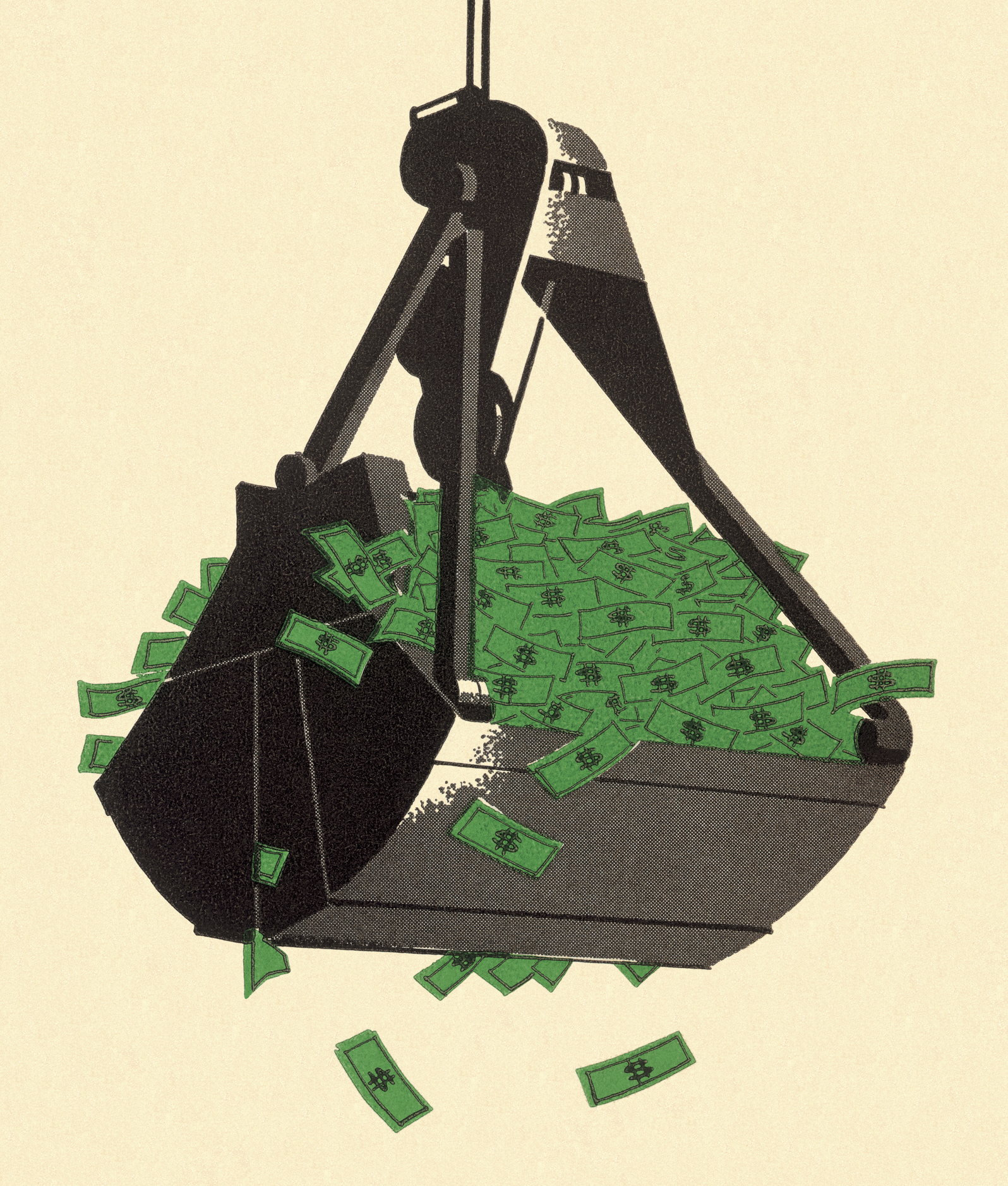How I Became a Mortgage Banker

People often ask me how I got started doing home loans and owning and managing rental properties. It’s understandable since there isn’t a clear degree field or training program for either of my careers.
I grew up around this sort of thing.
My dad is a CPA who owns his own small firm in Dallas. As a kid, I’d often help out in the family business. Many of his clients were in the real estate, development and construction industries, so working on their bookkeeping was a good education. It also taught me I didn’t want to be an accountant.
At the same time, my great uncle lived down the street from us, and he owned rental houses, so I had a chance to see him work at that business. I remember him on the phone in their kitchen, taking calls from tenants and arranging for plumbing repairs.
The origination of a loan officer.
When I graduated from UT Austin with a degree in American Studies, I didn’t have much of an idea of what I wanted to do, but I knew I didn’t want to go to graduate school. I started working temporary office jobs as a way to pay the rent while trying out different companies and fields of work. I rotated through several places—some I knew I didn’t want to go back to, and some I figured I could do long term if I needed to, but nothing really clicked as a good fit.
Then in January of 1998, I was placed in a mortgage origination office. It was a branch of Temple-Inland Mortgage Company, located in the corporate headquarters of the Temple-Inland Company. As a result of how corporate mergers and acquisitions worked in the late ‘80s and early ‘90s, it was a Fortune 500 company holding a conglomeration of businesses.
“I knew how to read tax returns, talk to real estate agents, and help people line up their personal finances so they were ready to make a big purchase. ”
Putting my finance and research skills to use.
Pretty quickly, I figured out I had a good base of knowledge for mortgage origination. I knew how to read tax returns, talk to real estate agents, and help people line up their personal finances so they were ready to make a big purchase. The researching skills I’d honed getting a history degree proved useful—there wasn’t any formal “loan officer” training, but I was really good at looking up answers. I read guidelines to learn about all the different loan programs and then explained them to potential clients.
In meetings with real estate investors, I was able to speak their language (thanks to all those years working in the CPA office). I knew the tax forms they used, and I understood the balance of cash flow, equity and appreciation. Most of all, I really enjoyed looking at houses and talking about people’s current and potential properties. Finally, I’d found a career field I was actually interested in.
The dream of the 90s was alive in Austin.
Of course, this was the late 1990s—right at the beginning of the first tech boom in Austin—I was in one of the best job and housing markets in the country. Soon, I was ready to buy my own first home, and one of my main criteria was that it was a house that would appeal to renters when I moved out and bought my next house. But that’s a story for another day…
Mortgage banker. Landlord. Renovator.




